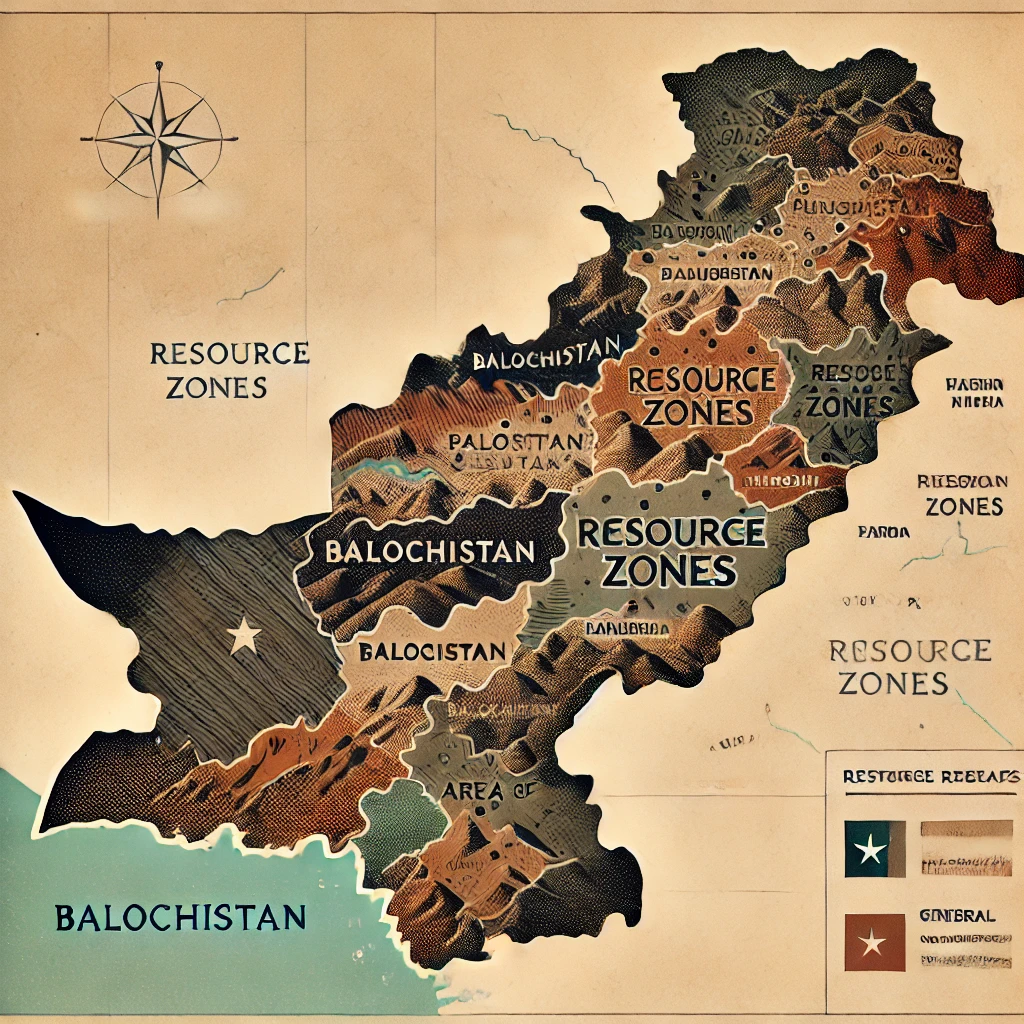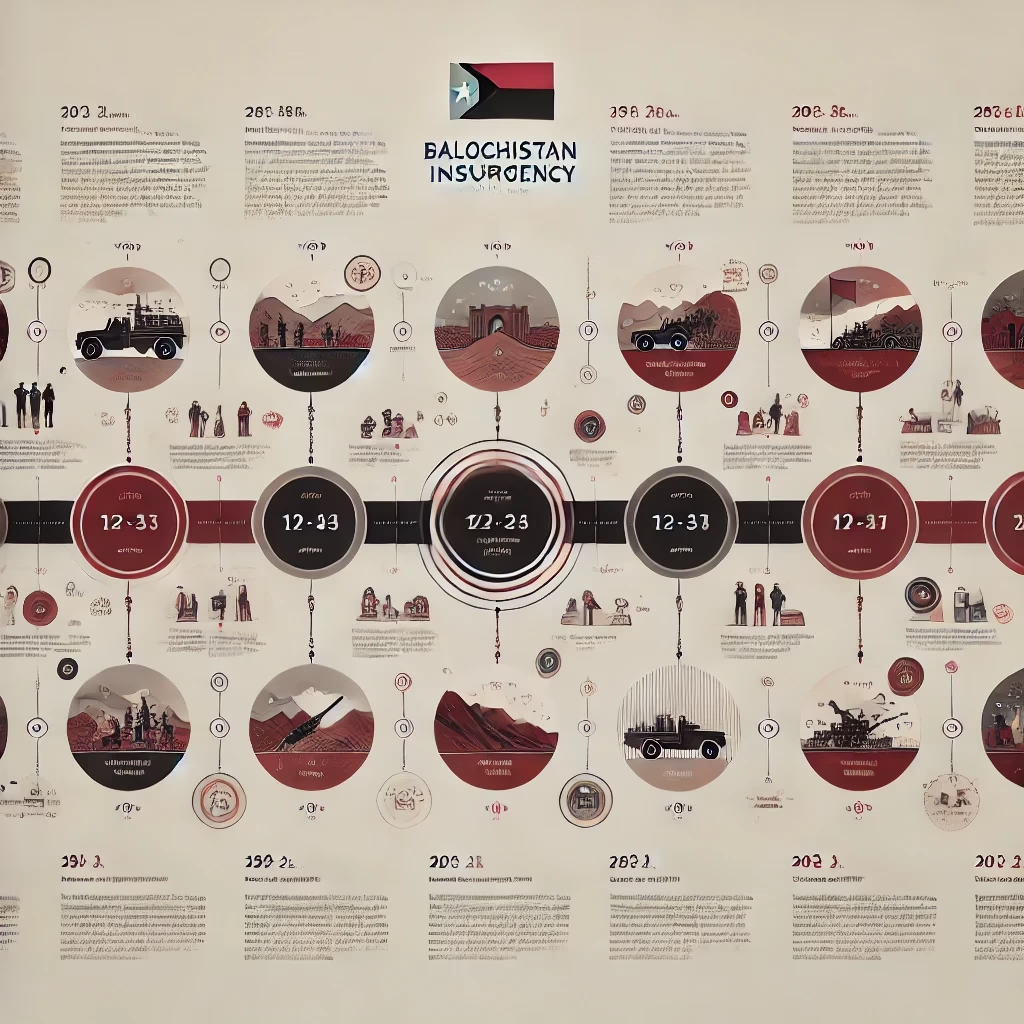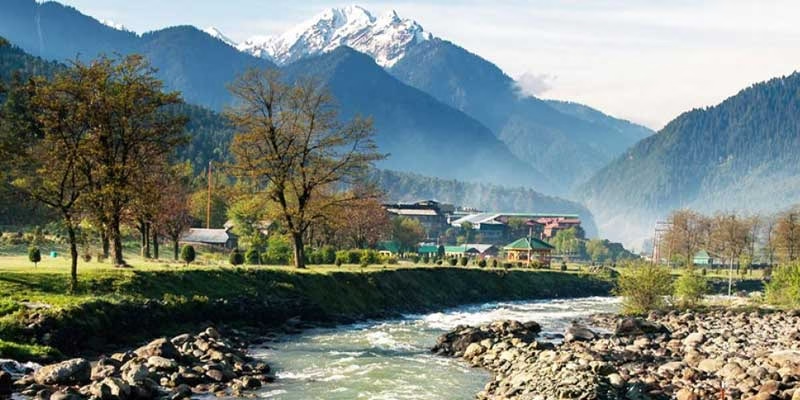The recent Balochistan train attack has sent shockwaves through Pakistan and the international community, highlighting the volatile security situation in the region. On March 11, 2025, separatist militants targeted the Jaffar Express, a passenger train traveling from Quetta to Peshawar, leaving six military personnel dead and hundreds of passengers hostage. This article explores the incident’s details, the militant group’s motives, the government’s response, and the historical context of Balochistan’s insurgency.
The Jaffar Express Attack: What Happened?

Timeline of the Attack
The Balochistan train attack unfolded in the Mach area of Balochistan’s Bolan district. Here’s a breakdown of events:
- 10:00 AM (Local Time): The Jaffar Express, carrying 400–500 passengers across nine coaches, departed Quetta.
- 12:30 PM: Militants from the Baloch Liberation Army (BLA) blew up railway tracks near Tunnel No. 8, derailing the train.
- 12:45 PM: Armed fighters stormed the train, taking control of the coaches and segregating passengers. Women, children, and Baloch civilians were released, while security personnel were held hostage.
- 1:15 PM: The BLA issued a statement claiming responsibility, warning against military intervention.
- 2:00 PM: Security forces arrived at the site, launching a counter-operation amid challenging terrain.
Key Figures and Impact
- Casualties: Six military personnel killed, one train driver injured.
- Hostages: Over 100 passengers, including ISI, police, and army members, remained captive at the time of reporting.
- Response: The Balochistan government declared a state of emergency, mobilizing hospitals and rescue teams.
Behind the Attack: The Baloch Liberation Army (BLA)

Who Is the BLA?
The Baloch Liberation Army, designated a terrorist group by Pakistan and the EU, has fought for Balochistan’s independence since 2000. The group accuses Pakistan of exploiting the region’s natural resources—including gas, minerals, and oil—while neglecting its people.
Motives for the Balochistan Train Attack
The BLA’s statement highlighted three objectives:
- Retaliation: For alleged military atrocities against Baloch civilians.
- International Attention: To spotlight Balochistan’s plight on the global stage.
- Disruption: Targeting infrastructure linked to the federal government, such as railways.
This attack follows the BLA’s recent announcement of a unified “Baloch National Army” to intensify operations against Pakistani and Chinese interests.
Government Response and Challenges
Emergency Measures
- Rescue Operations: Security forces faced logistical hurdles due to rocky terrain, delaying access to the derailed train.
- Medical Mobilization: Sibi Hospital imposed an emergency, dispatching ambulances and staff.
- Railway Protocols: Additional trains were sent to evacuate stranded passengers.
Political Fallout
Critics argue that the government’s heavy-handed counterinsurgency tactics have fueled resentment. Provincial spokesperson Shahid Rind stated, “All institutions are active to resolve this crisis,” but locals demand long-term political solutions over militarization.
Historical Context: Why Balochistan?

A Legacy of Insurgency
Balochistan, Pakistan’s largest but least populous province, has endured five separatist insurgencies since 1948. Key issues include:
- Resource Exploitation: The region contributes 45% of Pakistan’s natural gas but faces extreme poverty.
- Enforced Disappearances: Over 8,000 Baloch civilians were abducted by security forces between 2003–2012, per Human Rights Watch.
- Marginalization: Ethnic Baloch allege systemic discrimination in education, employment, and infrastructure development.
Recent Escalations
- November 2024: A suicide bombing at Quetta Railway Station killed 26.
- March 2025: IED blasts in Khuzdar district left five dead.
Security Implications for Pakistan
The Balochistan train attack exposes vulnerabilities in Pakistan’s counterterrorism strategy. Despite a 2023 ceasefire agreement, militant groups like the BLA continue to exploit porous borders and rugged terrain.
China’s Stake in Balochistan
Balochistan is a linchpin of the China-Pakistan Economic Corridor (CPEC), a $60B infrastructure project. Attacks on Chinese workers and projects have surged, complicating Beijing’s investments.

How to Prevent Future Attacks: Expert Recommendations
- Dialogue Over Force: Address Baloch grievances through political negotiations.
- Economic Equity: Redirect resource revenues to local development.
- International Mediation: Engage UN agencies to monitor human rights violations.
Conclusion: A Call for Sustainable Solutions
The Balochistan train attack underscores the urgent need for Pakistan to balance security measures with socio-economic reforms. While the immediate focus remains on rescuing hostages and stabilizing the region, long-term peace hinges on addressing systemic inequities. As global observers watch closely, the path to reconciliation remains fraught but not impossible.
Read more at WorldsInsight











